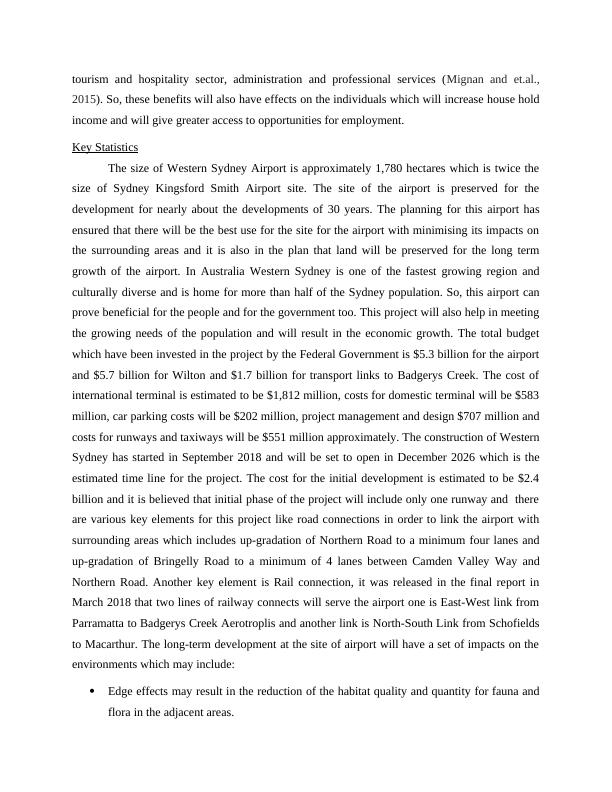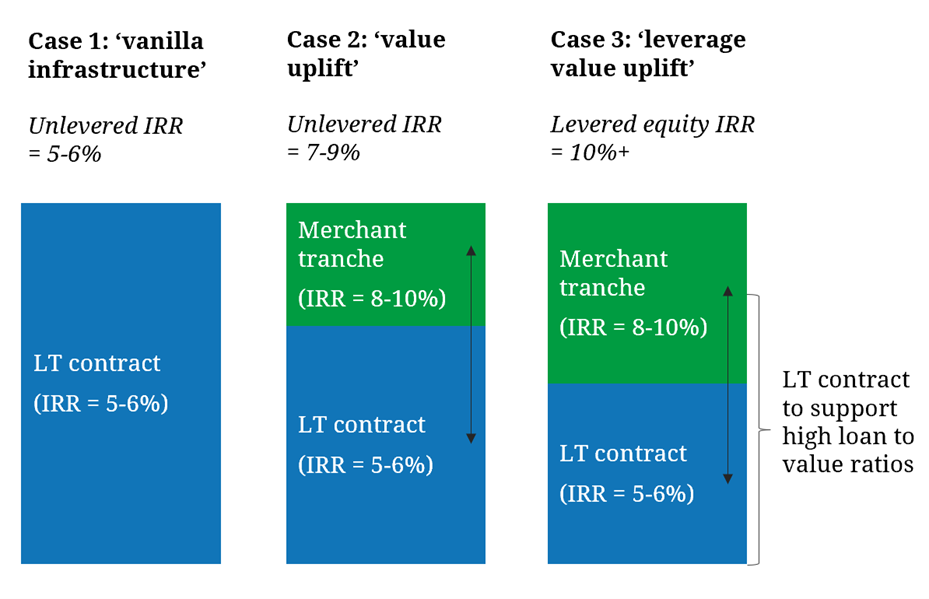Addressing Ghana's Mental Health Crisis: The Urgent Need For More Psychiatrists

Table of Contents
The Stark Reality: Insufficient Psychiatrists in Ghana
The shortage of psychiatrists in Ghana is stark and deeply concerning. The current psychiatrist-to-population ratio is alarmingly low, far below international standards and leaving a vast majority of the population without adequate access to specialist mental healthcare. This translates into a significant impediment to effective mental health service delivery across the nation.
Current Psychiatrist-to-Population Ratio:
Precise figures vary depending on the source, but estimates consistently reveal a critical deficiency. While the World Health Organization recommends a minimum ratio of one psychiatrist per 10,000 people, Ghana's ratio falls drastically short, with some estimates suggesting less than one psychiatrist per 100,000 people. This disparity highlights the immense burden placed on the existing, limited pool of professionals. Further research and data collection are crucial to obtain a definitive figure and inform policy decisions.
Unequal Access to Mental Healthcare:
Geographical disparities exacerbate the problem, creating significant barriers to care, especially in rural and underserved communities.
- Limited availability of mental health facilities in rural areas: Many rural communities lack access to any mental health services whatsoever, forcing individuals to travel long distances to urban centers – a journey often impossible due to financial constraints or lack of transportation.
- Lack of transportation and financial resources for patients seeking care: Even when services are available, the cost of transportation and treatment can be prohibitive for many, especially low-income families. This leads to delayed or forgone treatment, worsening existing conditions.
- Stigma surrounding mental illness further exacerbates the problem: The societal stigma associated with mental illness prevents many from seeking help, even when services are available nearby. This stigma often leads to delayed diagnosis and treatment, resulting in more severe outcomes.
The Impact on Individuals and Society:
The consequences of inadequate mental healthcare access are far-reaching and devastating, impacting individuals, families, and the nation as a whole.
- Increased rates of suicide and self-harm: The lack of access to timely and effective treatment contributes to higher rates of suicide and self-harm among those suffering from mental illness.
- Reduced productivity and economic impact: Mental illness significantly impacts productivity and economic participation, representing a significant loss to Ghana's economy. Untreated mental health conditions can lead to absenteeism, reduced work performance, and unemployment.
- Strain on families and caregivers: Families and caregivers often bear the brunt of caring for individuals with untreated mental illness, leading to immense stress and emotional burden.
- Social exclusion and discrimination: Stigma and lack of understanding further marginalize individuals with mental health conditions, leading to social exclusion and discrimination.
Root Causes of the Psychiatrist Shortage
The insufficient number of psychiatrists in Ghana stems from a complex interplay of interconnected factors:
Limited Training Opportunities:
Ghana currently lacks sufficient psychiatric training programs and residency positions. This scarcity limits the number of medical professionals who can specialize in psychiatry. Increased investment in medical schools and training facilities, alongside the development of robust postgraduate training programs, is crucial to address this issue. More funding is needed to create more residency slots and provide the necessary resources for high-quality training.
Brain Drain:
Many trained Ghanaian psychiatrists emigrate to countries offering better working conditions, higher salaries, and improved infrastructure. This "brain drain" further depletes the already limited pool of professionals within the country. Addressing this requires making psychiatry a more attractive and rewarding career path within Ghana.
Lack of Funding and Resources:
Insufficient government funding allocated to mental healthcare is a major impediment. The limited resources available for psychiatrists and mental health facilities hinder the provision of quality care and discourage professionals from pursuing or remaining in the field. This includes inadequate funding for equipment, medication, and staffing levels.
Potential Solutions: Addressing the Crisis
Addressing Ghana's mental health crisis requires a multifaceted approach involving substantial investment and strategic planning:
Increase Funding for Psychiatric Training:
Substantial increases in funding for psychiatric training programs and scholarships are vital to attract and retain psychiatrists. This involves providing financial support for medical students pursuing psychiatry, supporting residency training programs, and creating incentives for Ghanaian psychiatrists working abroad to return.
Improve Working Conditions and Salaries:
Offering competitive salaries, improved working conditions, and better infrastructure within mental health facilities is crucial to attract and retain qualified psychiatrists. This includes providing adequate staffing levels, modern equipment, and safe working environments.
Promote Mental Health Awareness and Reduce Stigma:
Widespread public education campaigns are essential to reduce stigma surrounding mental illness. These campaigns need to be culturally sensitive and target diverse communities to increase understanding and encourage help-seeking behaviour.
Integrate Mental Healthcare into Primary Care:
Integrating mental healthcare services into primary care settings can dramatically improve access, particularly in rural areas. This allows for early identification and treatment of mental health conditions, preventing the escalation of problems.
Leverage Technology:
Telehealth and other technological solutions offer immense potential to overcome geographical barriers and expand access to mental healthcare, especially in rural and remote areas. This can be achieved through online consultations, digital mental health platforms, and mobile health applications.
Conclusion
Ghana's mental health crisis is undeniably severe, with a critical shortage of psychiatrists leaving a vast population without access to crucial care. Addressing this crisis demands immediate and decisive action. We must proactively address the root causes of the psychiatrist shortage – limited training opportunities, brain drain, and inadequate funding – by implementing the proposed solutions. By investing in training more psychiatrists, improving access to mental healthcare services, and reducing the stigma associated with mental illness, we can create a future where every Ghanaian has access to the mental healthcare they deserve. Let's work together to build a stronger and healthier Ghana, one that prioritizes and invests in its mental health.

Featured Posts
-
 Fortnite Issues Refunds A Sign Of Cosmetic Overhaul
May 03, 2025
Fortnite Issues Refunds A Sign Of Cosmetic Overhaul
May 03, 2025 -
 Planning Your Trip To This Country A Practical Guide
May 03, 2025
Planning Your Trip To This Country A Practical Guide
May 03, 2025 -
 Tory Chairman And Reform Uk Clashing Ideologies Despite Shared Goals
May 03, 2025
Tory Chairman And Reform Uk Clashing Ideologies Despite Shared Goals
May 03, 2025 -
 Why Do We Celebrate Pancake Day A Look At The History Of Shrove Tuesday
May 03, 2025
Why Do We Celebrate Pancake Day A Look At The History Of Shrove Tuesday
May 03, 2025 -
 Blue Origins Launch Scrubbed Details On The Vehicle Subsystem Issue
May 03, 2025
Blue Origins Launch Scrubbed Details On The Vehicle Subsystem Issue
May 03, 2025
Latest Posts
-
 Belgiums Energy Landscape Financing Options For A 270 M Wh Bess Project
May 04, 2025
Belgiums Energy Landscape Financing Options For A 270 M Wh Bess Project
May 04, 2025 -
 Case Study Financing A 270 M Wh Bess In Belgiums Merchant Market
May 04, 2025
Case Study Financing A 270 M Wh Bess In Belgiums Merchant Market
May 04, 2025 -
 Risk Assessment And Mitigation In Financing A 270 M Wh Bess Project In Belgium
May 04, 2025
Risk Assessment And Mitigation In Financing A 270 M Wh Bess Project In Belgium
May 04, 2025 -
 Financial Models For A 270 M Wh Battery Energy Storage System Bess Project In Belgium
May 04, 2025
Financial Models For A 270 M Wh Battery Energy Storage System Bess Project In Belgium
May 04, 2025 -
 Investment Strategies For A 270 M Wh Bess In Belgiums Competitive Energy Market
May 04, 2025
Investment Strategies For A 270 M Wh Bess In Belgiums Competitive Energy Market
May 04, 2025
